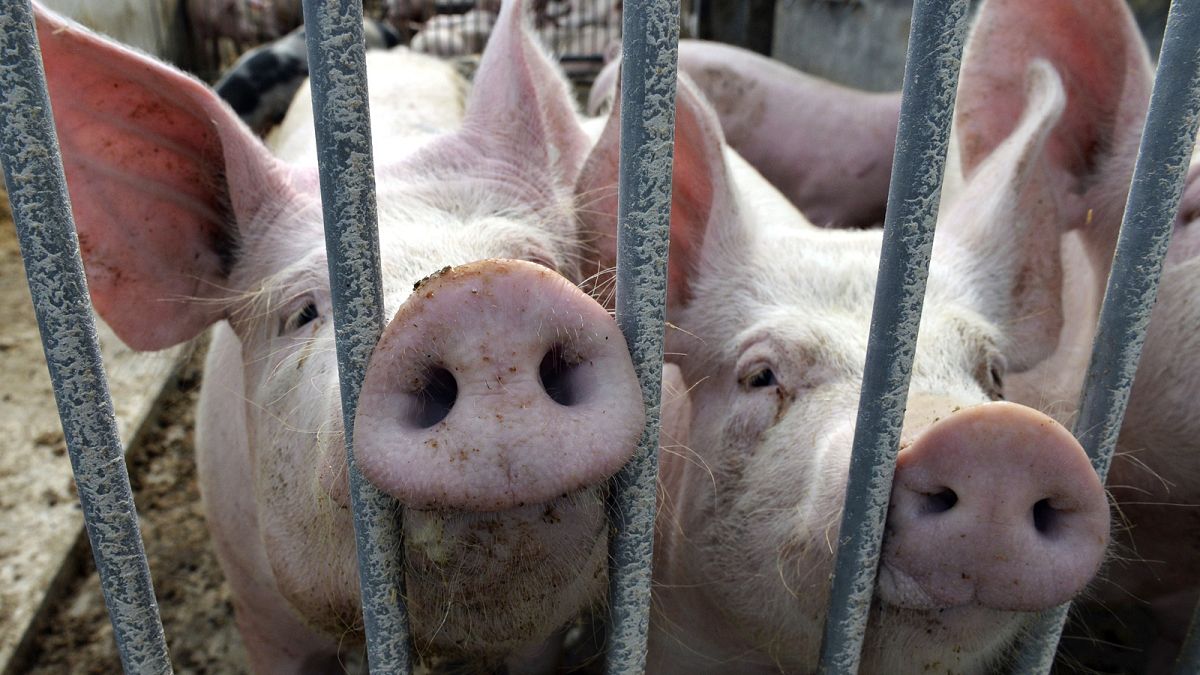The European Commission is set to increase tariffs on China-made electric vehicles as of 5th July, triggering an “anti-dumping investigation” by the Chinese Ministry of Commerce into imports of pork and pork by-products from the EU. This move could result in trade restrictions on a critical sector for the EU. The investigation was initiated following a complaint from China Animal Husbandry Group, a state-owned animal farming company, in anticipation of retaliatory measures against upcoming EU tariffs on China-made battery electric vehicles (BEVs). These vehicles are suspected to be heavily subsidized and sold at artificially low prices, prompting the European Commission to impose additional duties ranging from 17.4% to 38.1% on 5th July.
The European Commission’s decision to impose additional duties on China-made BEVs is based on findings revealing Beijing’s extensive use of state aid to bolster its BEV output. Subsidies were reportedly found “across the entire supply chain” and involving various government levels. There is a growing concern over potential retaliation from China as Western allies address its unfair trade practices with the persistent geopolitical tensions further escalating the situation. The consumer demand for BEVs, along with their strategic importance in climate transition, adds to the complexity of the situation, making the Commission’s investigation one of the most significant of its kind.
China’s Ministry of Commerce has criticized the EU inquiry into subsidies as a “naked protectionist act” and has vowed to defend the legitimate rights and interests of Chinese companies through necessary measures, hinting at possible reprisals in the aviation and agriculture sectors. The investigation period for Chinese pork imports, from January 2020 to December 2023, aligns closely with the EU probe into China-made BEVs. The Commission plans to closely monitor the proceedings to ensure compliance with relevant World Trade Organization rules and dismisses concerns that subsidies in the EU agriculture sector would strengthen China’s case. The EU, being the world’s largest exporter of pork products, could face significant repercussions, particularly affecting countries like Spain, the Netherlands, Denmark, Germany, and Belgium.
In response to the ongoing trade tensions, the European farmers association COPA-COGECA has denied allegations of anti-dumping practices in the pork sector and expressed concerns over being caught in the crossfire of trade disputes. Despite the potential implications for EU exporters, the association emphasized that subsidies within the Common Agricultural Policy and other policy areas comply with WTO obligations. The pork industry plays a crucial role in the EU’s export market, with a significant portion of exports destined for East Asia, particularly China. Amidst the escalating trade tensions, COPA-COGECA stressed the importance of fair and equitable trade practices to avoid unfair repercussions on the EU’s agricultural sector.
The European Commission’s efforts to address China’s alleged subsidies in the BEV sector underscore the importance of fair competition and compliance with international trade rules. As both sides navigate the escalating trade tensions, the implications of retaliatory measures on key sectors like agriculture and aviation highlight the interconnectedness of global trade. To safeguard the interests of EU exporters and maintain a level playing field, it is crucial for both parties to engage in constructive dialogue and adhere to established trade regulations. The outcome of the investigations and potential retaliatory actions will have far-reaching consequences for the EU-China trade relations and could shape future trade dynamics between the two economic powerhouses.










